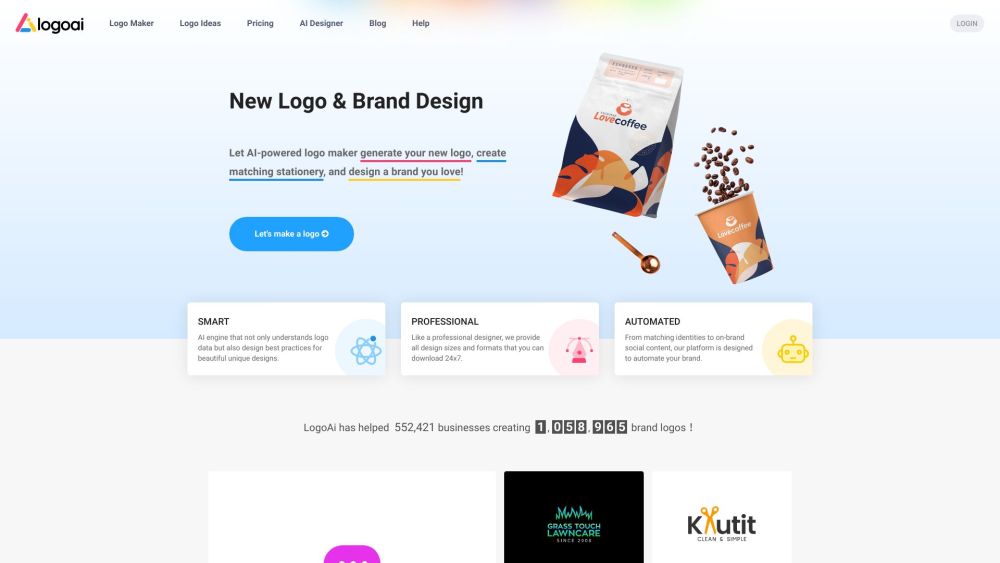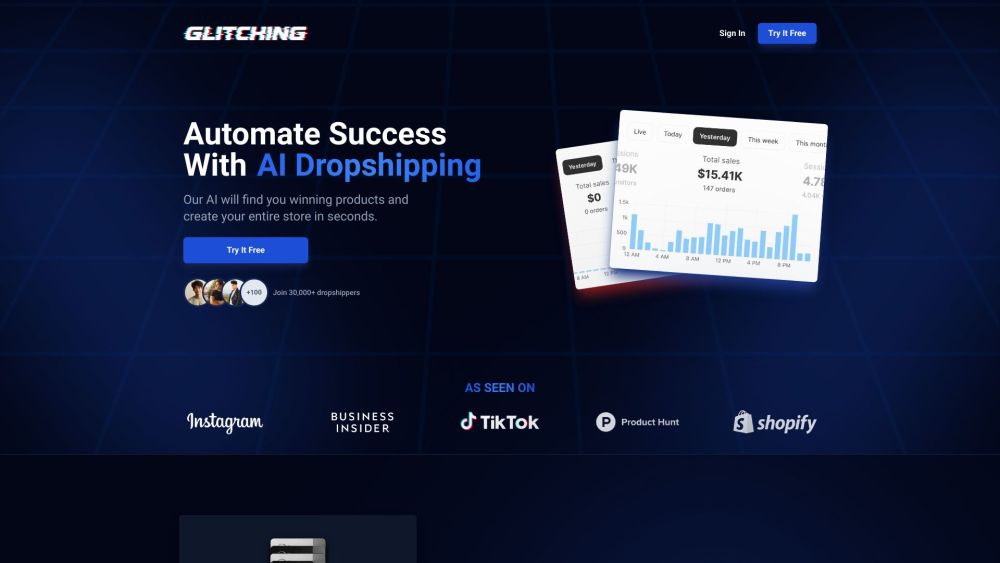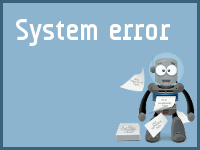Once an undisputed leader in the field of artificial intelligence, OpenAI now appears to be unraveling before our eyes. This week, three executives left the company, sending shockwaves through the tech community. As this sudden upheaval unfolds, OpenAI is finding itself in a state of turmoil and uncertainty. Co-founder and architect of OpenAI's most revolutionary algorithms, John Schulman, has joined competitor Anthropic. Meanwhile, co-founder and company president Greg Brockman has opted for a "sabbatical," a term that internally suggests he is on the verge of departure. Reports indicate that Peter Deng, a product leader recently recruited from Meta, is also set to leave, further highlighting the company's instability.
This mass exodus of talent could quickly transform OpenAI from an industry frontrunner into a cautionary tale. Schulman’s move to Anthropic signifies a notable shift, potentially redefining the balance of power in the ongoing AI arms race. His ability to translate abstract mathematical concepts into world-changing applications means his departure could leave OpenAI with a significant wound that will be difficult to heal.
The turmoil doesn't stop there. The board's abrupt coup last November, which led to CEO Sam Altman's temporary ousting, marked only the beginning of this unprecedented chaos for the once-mighty giant. Adding to the drama, Elon Musk, another co-founder and former staunch supporter of OpenAI, has publicly condemned the organization for straying from its foundational principles in pursuit of profit, further eroding public trust in this beleaguered enterprise.
As OpenAI falters, its competition intensifies. Google, often mocked as a laggard in AI, recently made a surprising comeback with its latest Gemini model, which rivals OpenAI's capabilities in current benchmark tests. Other competitors, including smaller companies like Anthropic and Mistral, are also demonstrating success, proving that agility can compete effectively against larger, well-established giants.
The perfect storm of challenges facing OpenAI highlights an unprecedented identity crisis. Once a dominant force in the AI industry, the company now finds itself singing a different tune, surrounded by departing talent, plummeting reputation, and rapidly eroding technological advantages.
Looking ahead, the fate of OpenAI hangs in the balance. Optimists may view this turmoil as a necessary period of self-disruption, similar to Apple's near-collapse in the 1990s before its resurgence. In contrast, pessimists might see OpenAI as a directionless entity, seduced by the allure of profit and market dominance at the expense of its original ideals.
The true reality likely lies somewhere in between. OpenAI is at a critical juncture: Can it weather the storm and reclaim its position at the forefront of innovation, or will it succumb to the temptations of profit like many Silicon Valley casualties before it?
As summer fades and autumn approaches, all eyes are on OpenAI. The company's next steps will not only determine its own fate but could also significantly impact the future of AI technology as a whole. Once a disruptor in an industry built on disruption, OpenAI now finds itself in the uncomfortable position of being disrupted. The wave of generative AI continues to surge, but OpenAI’s leadership role is increasingly precarious. This challenging summer serves as a reminder of the tech sector's volatile nature, where today’s seems invincible giant can quickly become tomorrow’s cautionary tale.
As we strive forward into an AI-driven future, the lessons drawn from OpenAI's predicament may ultimately determine whether this future is filled with hope or fraught with crisis. The clock is ticking, and the world is watching with bated breath, as OpenAI faces an unyielding reality that shows no signs of letting up.




